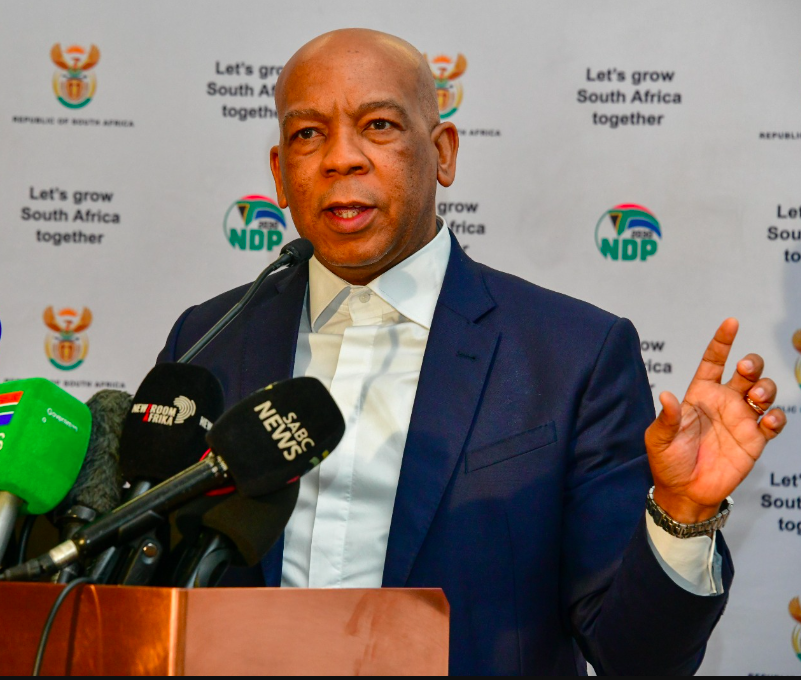Cape Town – Electricity Minister Kgosientsho Ramokgopa has warned that localised load reduction, which occurs when demand exceeds capacity in specific areas, risks creating energy inequality.
In his weekly update, Ramokgopa noted on Monday that while load reduction differs from load shedding, both result in periods without electricity for consumers, disproportionately affecting poorer areas and worsening energy inequality.
“…The second dimension of energy access has to talk to availability… So by availability I mean when you get to your house, you want to switch on an electric kettle, you want to switch on light, the lights are on. So you know the problem that we are still resolving is load shedding.
“So what load shedding does – it means that parts of the day, hours of the day across the country there will be communities when you get home, electricity is not there because we have initiated load shedding because demand demand is exceeding generation. So we are resolving that problem.
[WATCH] “There will be communities without electricity because of load reduction due to high demand for electricity in (certain) parts of the day.” – Electricity and Energy Minister Kgosientsho Ramokgopa#Newzroom405 pic.twitter.com/rs1SnbYaB0
— Newzroom Afrika (@Newzroom405) July 29, 2024
“So you will see that after 124 days we haven’t had consecutive days of load shedding. That’s availability,” the minister said.
He continued: “Then the second dimension of availability is the problem we want to solve, that of load reduction and this has to do with the capacity of the distribution infrastructure – be it substations or transformers that can’t carry the load that is placed on them… and that comes about as a result of this proliferation of informality, illegal connection amongst others, including the fact that we have not refurbished, maintained or protected these assets over a period of time.
“What the tragedy of this situation is that it’s affecting poor areas. They’ve got periods in the day where they don’t have electricity. So it’s the poor that are carrying the brunt of this and it is going to introduce conditions of energy inequality in our country.”
Ramokgopa also addressed concerns about rising electricity costs and the controversial R200 prepaid surcharge in Johannesburg.
He highlighted recent discussions with the South African Local Government Association (SALGA) and expressed concern over the impact on communities, noting that high electricity costs are eroding disposable income and degrading quality of life.
He said that his office is actively addressing these issues.
Follow African Insider on Facebook, X and Instagram
Picture: X/@GovernmentZA
For more African news, visit Africaninsider.com
Compiled by Betha Madhomu


